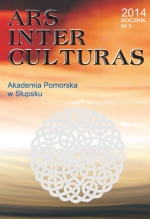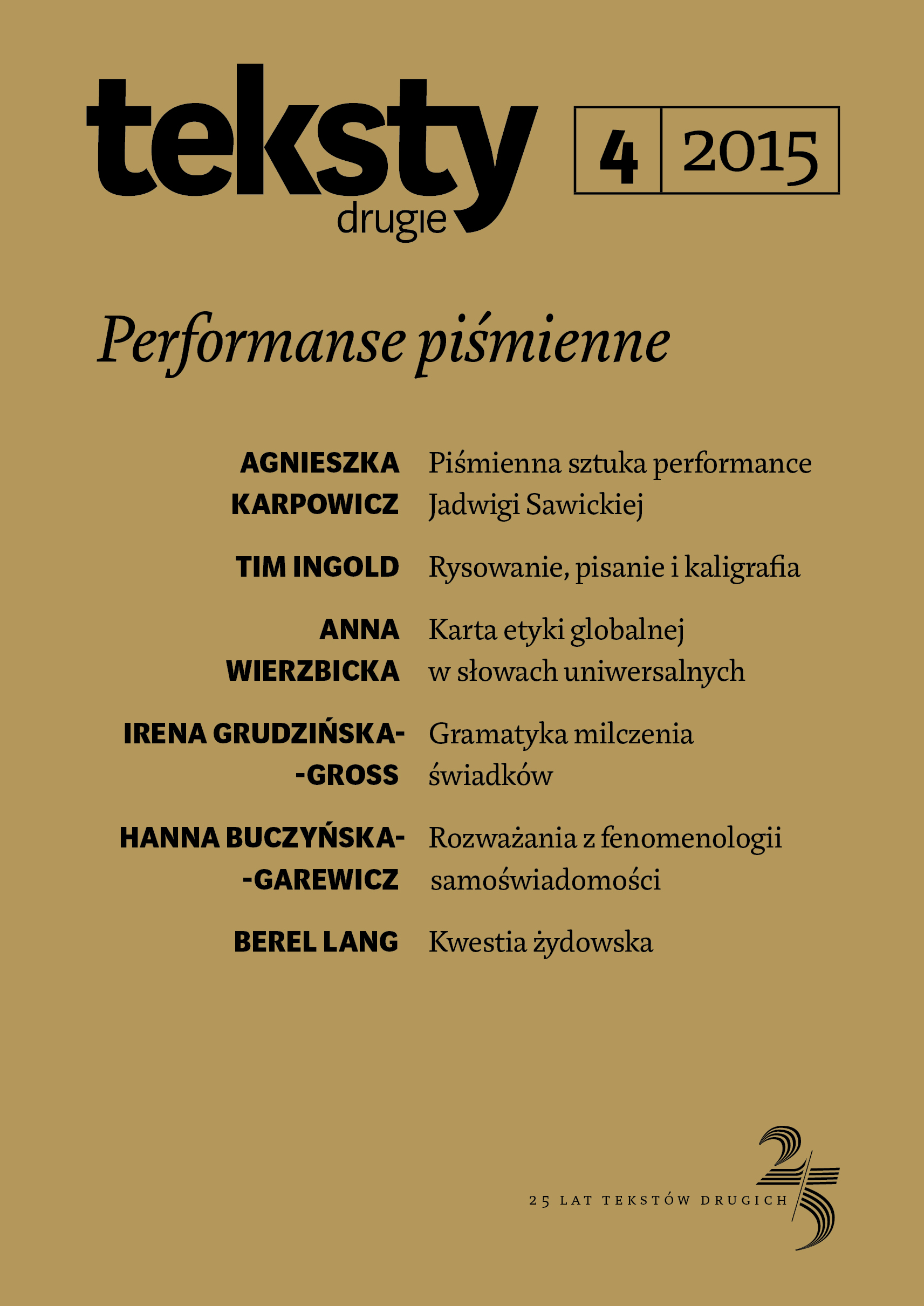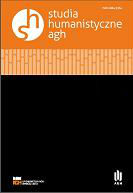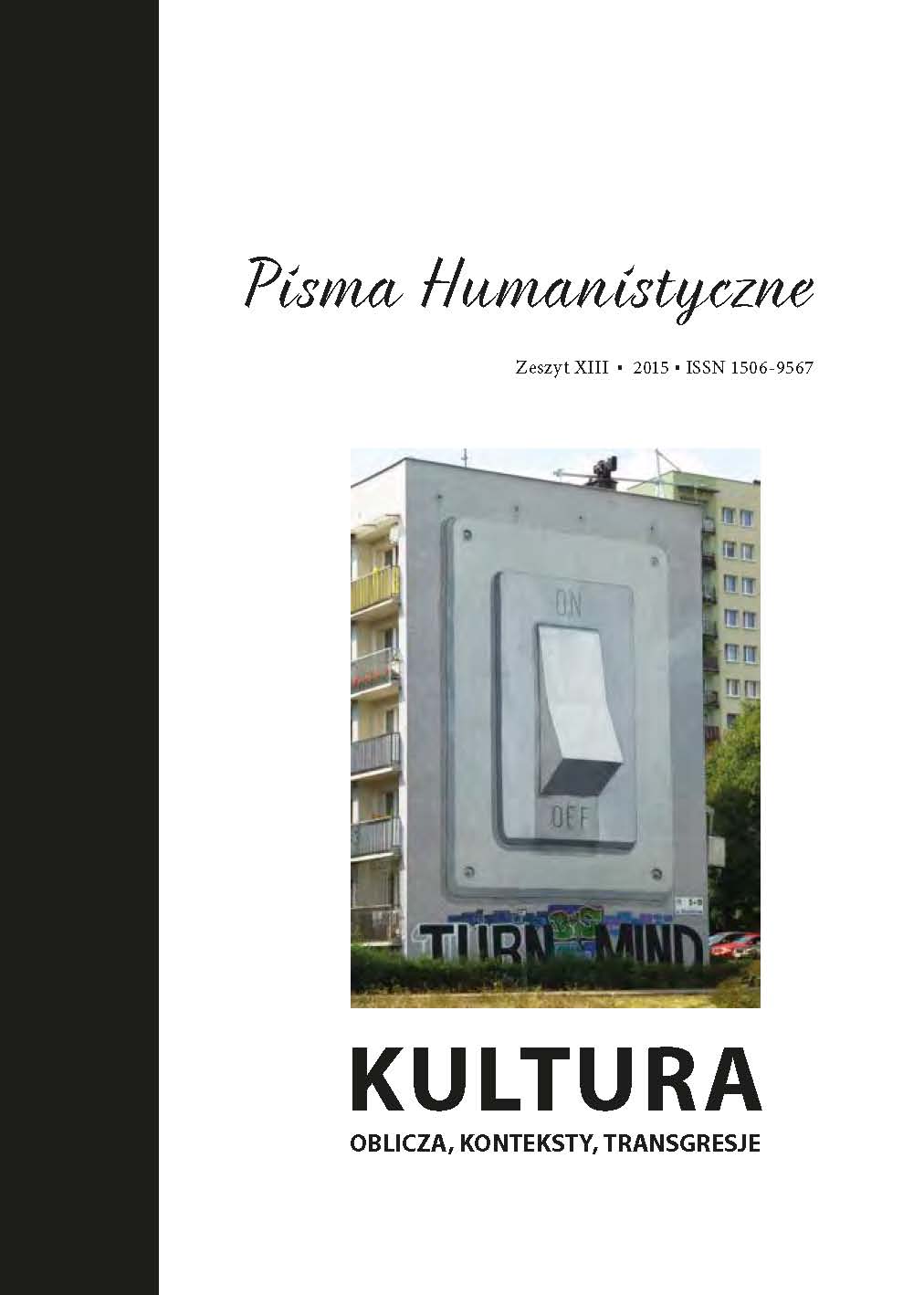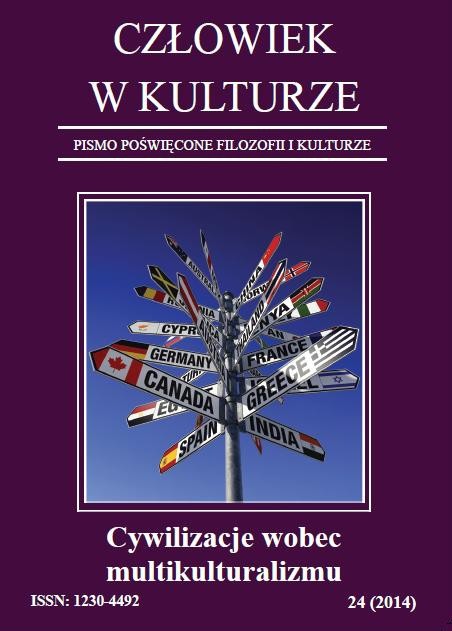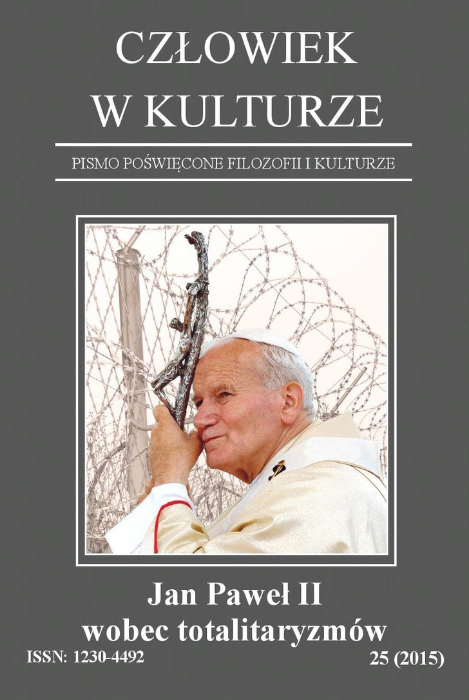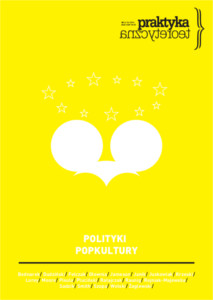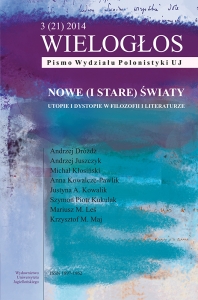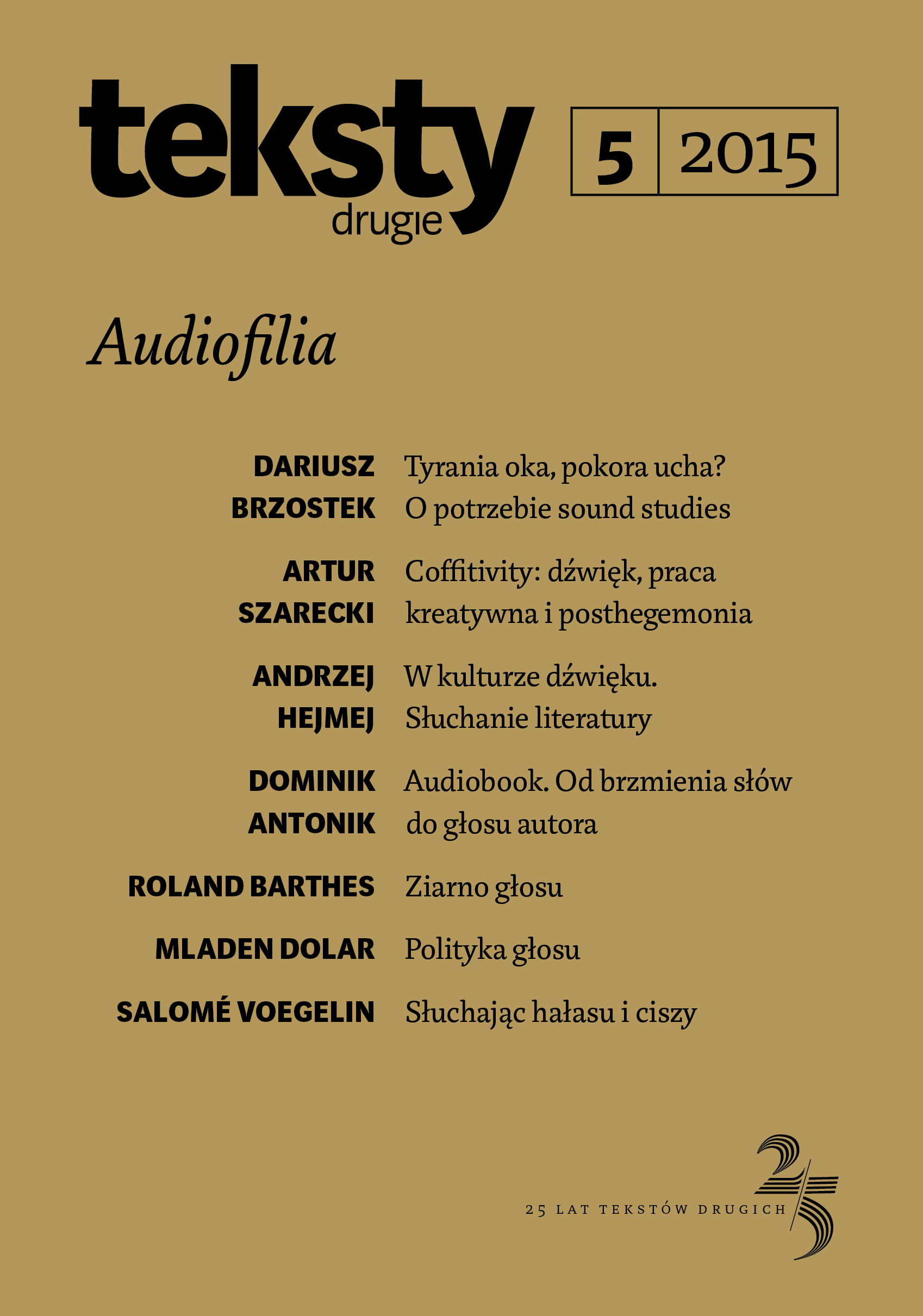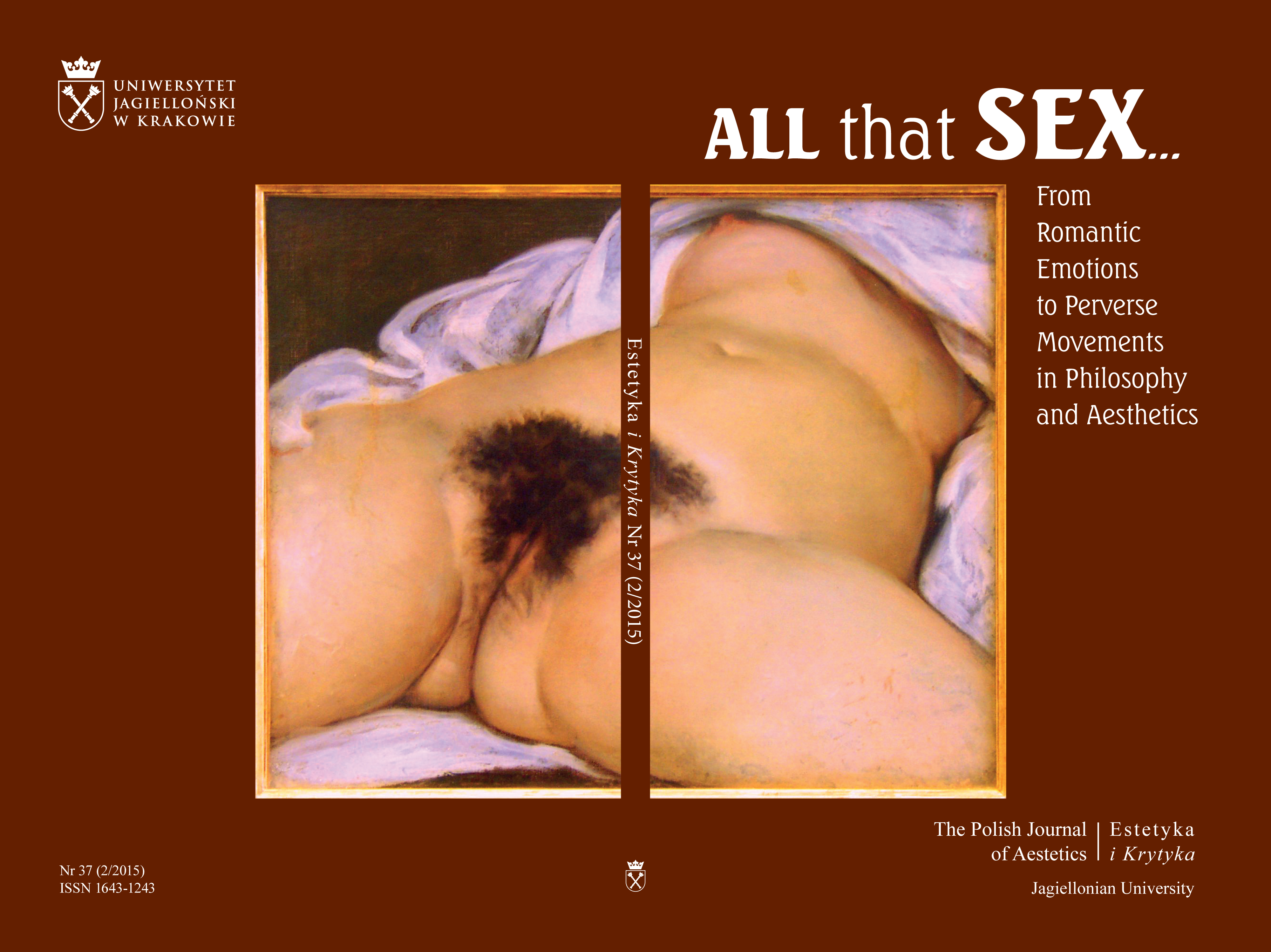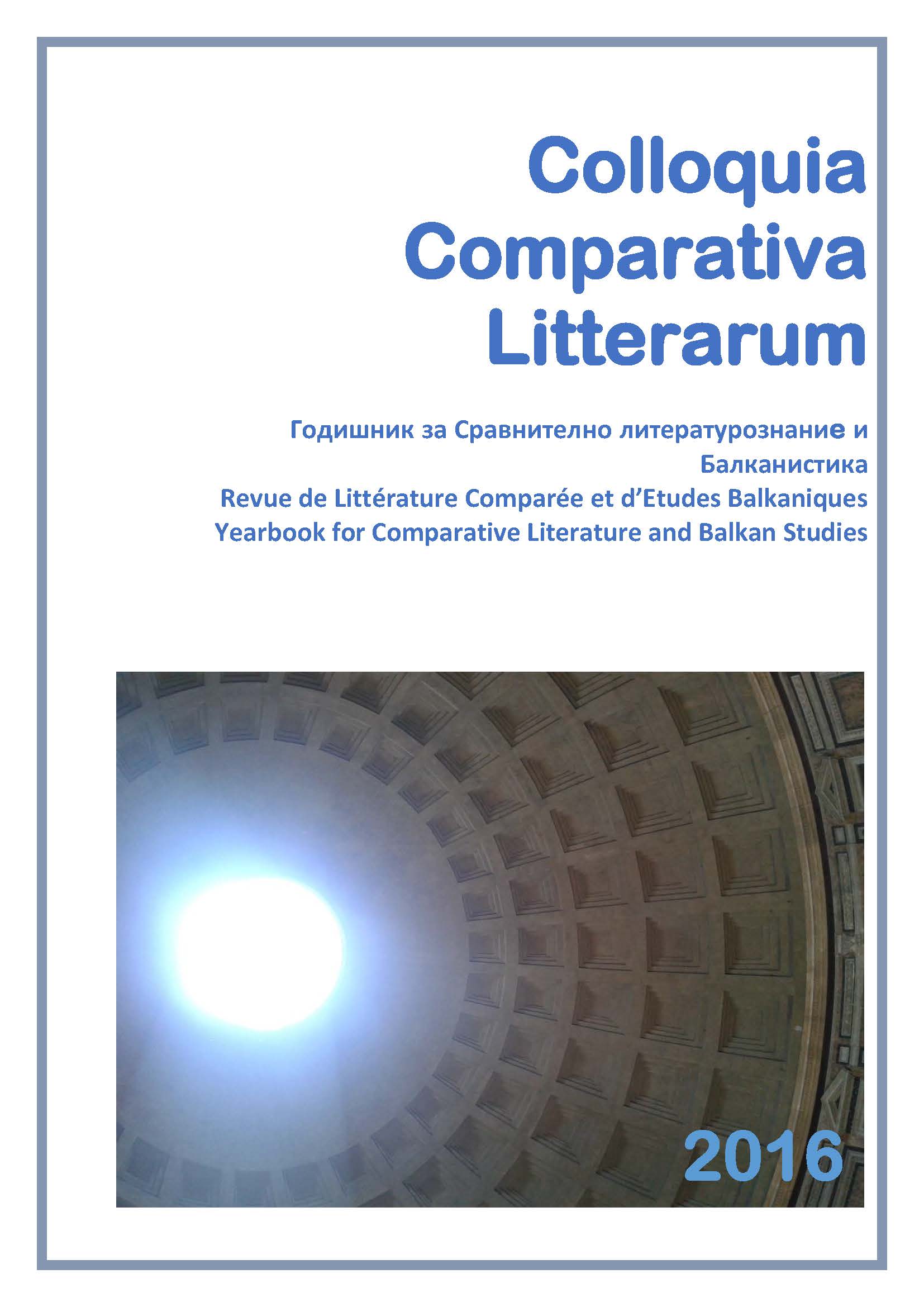
Le journal à la recherche de la beauté transcendante : Schmemann, Dostoïevski, Bernanos
This article begins with a reading of a diary which is not explicitly “literary”; namely, the diary of the theologian Father Alexander Schmemann; it continues with A Writer’s Diary by Fyodor Dostoevsky and ends with the “diary of a country priest” from the novel of the same name by the French author Georges Bernanos. Under what conditions, to what extent and from what angle can we compare the journals of a renowned theologian, a well-known novelist like Dostoevsky and an anonymous novel character? The three texts turn out to be united by the search for an interface between everyday life and transcendent reality, as well as by the fact that in all three cases this interface is found through the revelation of “transcendent beauty” (as beauty simultaneously being and not being part of this world). The texts also have in common the fact that beauty was discovered in each case through an experience that marked the existence of the diarists and gave them strength to follow their life paths to the end.
More...
